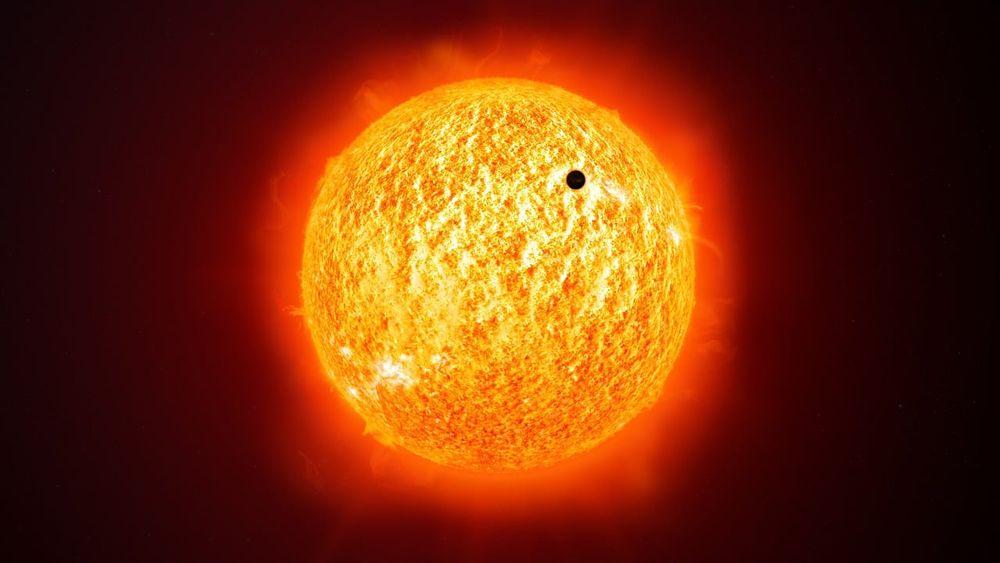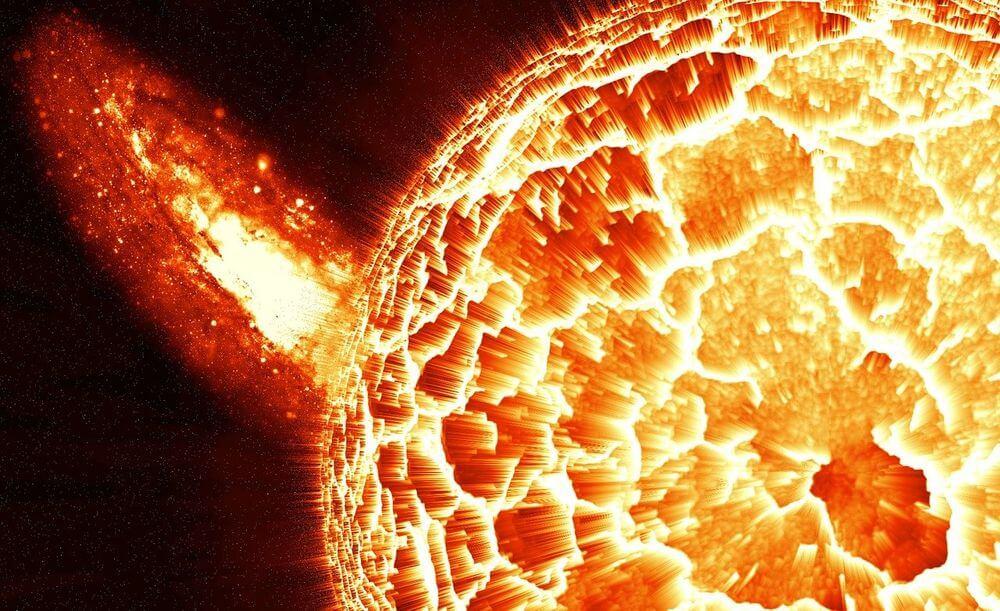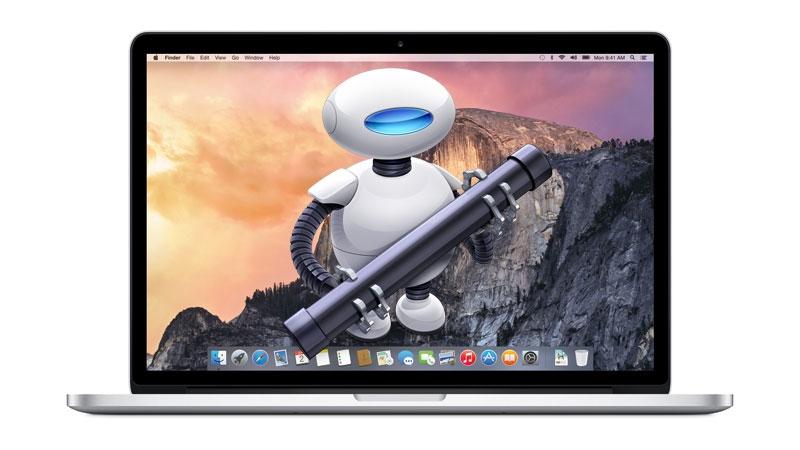Scientists know this well. In the universe, there is nothing, absolutely nothing, that is immortal. The Sun may seem to you like, at more than 4,600 billion years old, it will be there forever. but it is certainly not like that. There will come a time when the Sun will go out. And he will die. Now we tell you what will happen to each of the planets that are part of the Solar System.
Don’t pack your suitcase and look for a bunker, because the Sun is not going to die tomorrow. The reality is that that moment is so far away that neither you will witness it, nor will your children or grandchildren. It is even possible that, when it happens, humanity will no longer exist. Or maybe we have gone outside the Solar System and we don’t care exactly what happens to the Sun. In any case, let’s not spoil the interest of seeing what scientists tell us about the fate of the planets.
The worst fate of all
There are three options and the bad news is that the Earth is in group A, the one that gets the worst of it. It’s not that the other possibilities are much kinder, because those planets are also going to see how their presence in the universe changes completely, but, at least, it is not as terrible a fate as the one that awaits us.

In this first case, Mercury, Venus and Earth are in the group of planets that will be absorbed by the Sun. And, as you can imagine, what will happen from that moment on will not exactly be pretty. The humans of that future that will arrive in billions of years, according to experts, will face a terrible fate unless they think of some solution (such as colonizing another part of the galaxy, something that we are already beginning to prepare).
What will happen on the other planets?
The next consequence will be that of the planets that are in the center of the distance from the Sun within the Solar System. We talk about Mars, Jupiter and Saturn. In this case, scientists are clear that there will be a first effect that will be devastating and that will cause the death of the Sun to destroy the atmospheres of each of the planets.
It is true that these planets would survive in terms of their structure, but once they lose their atmosphere, the hypothesis says that any possible presence of life (we are talking about billions of years) would meet a tragic end. Let’s think that it would be similar to if the atmosphere disappears from the Earth. The domino effect that this would cause would be catastrophic. The oceans would dry up, people would die in a few minutes in quite terrible ways (unless they prepared themselves and were in places already prepared for the absence of the atmosphere) and animals would not survive either. Therefore, the fact that this is going to happen on Mars, Jupiter and Saturn is not good news.

Let us remember that one of the plans that society currently has is to colonize Mars. It is an alternative to life on Earth in case the time comes when you have to flee. But is it really a convenient change in the context of the death of the Sun? It does not seem. If we escape being absorbed by the Sun, but end up on a planet that loses its atmosphere and generates drastic effects, the solution would not be much better. This applies to any planet and not just Mars, whose atmosphere we already know is not the most suitable for life either.
The third group would be the one formed by Uranus and Neptune, planets that, due to the impact that the Sun would have on its death, would be expelled from the Solar System in another ending that raises doubts about the real consequences it would have. And what would happen to the Sun after all this process? The star would have become a white dwarf in which, yes, there would be some recognizable elements. The nuclei of Saturn and Jupiter, the asteroids and the remains that would have remained mainly from Mars would have “survived”. From there, it would be a new era for the universe. A fascinating and terrifying era at the same time.















